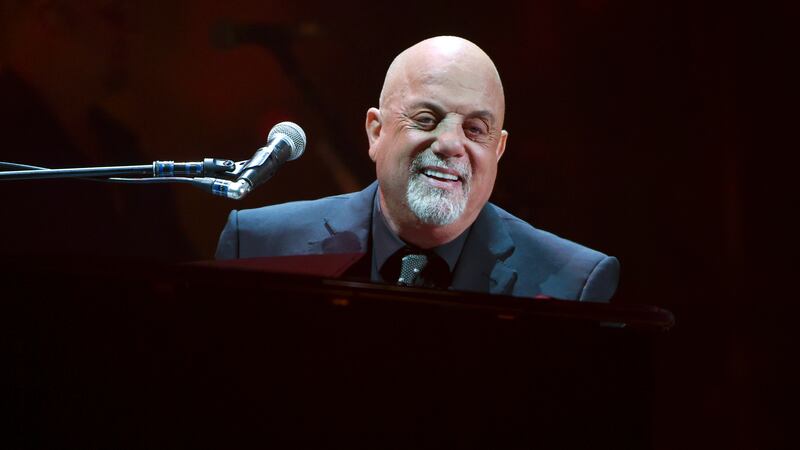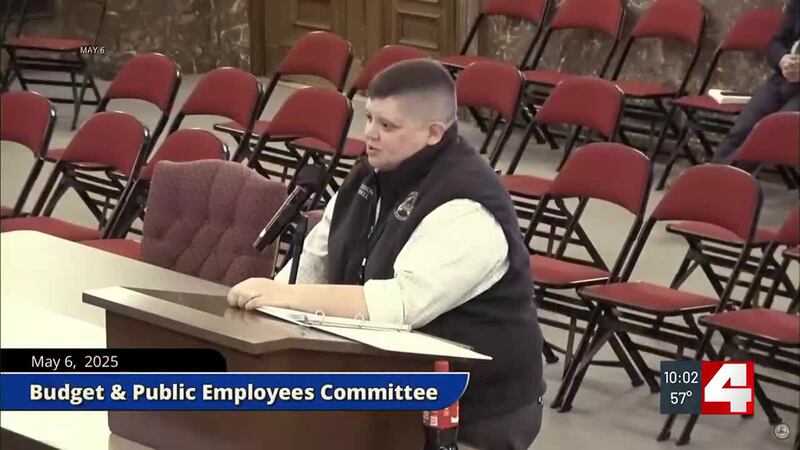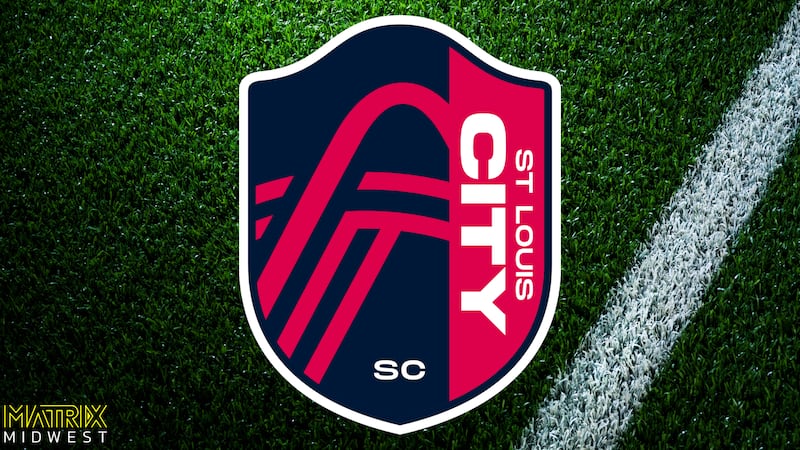Missouri auditor to investigate Kirkwood’s opioid settlement spending after First Alert 4 report
ST. LOUIS (First Alert 4) -- Missouri State Auditor Scott Fitzpatrick opened an investigation this week after First Alert 4 Investigates reported the City of Kirkwood spent $30,000 meant for remediation of the opioid crisis on a snowplow truck.
The money came from opioid settlement funds as part of Missouri’s lawsuit against opioid manufacturers, distributors, and pharmacies. Kirkwood is projected to receive about $450,000 over the 16 years of payouts.
First Alert 4 Investigates uncovered the expenditure as part of a broader investigation into transparency and ability in the tens of millions of dollars in opioid settlement funds that are flowing into dozens of local municipalities. Although the spending reports are public, details are often left out of documents explaining how the money was used to remediate the opioid crisis. The enforcement is also unclear: The Missouri Attorney General’s Office, which litigated the settlement, and the Department of Mental Health, which collects the spending reports, both said their offices do not enforce the spending.
Thousands of Missourians have died in recent years from drug overdoses, including 2,208 in St. Louis County alone from 2018 through 2023.
The state auditor’s office sent a letter Monday to Kirkwood Mayor Liz Gibbons requesting documentation of all 2024 opioid settlement expenditures and any planned or budgeted purchases using opioid settlement funds for 2025.
“It’s hard for me to imagine a very good explanation for how the snowplow falls into any of the allowable categories of spending that money,” Fitzpatrick said.
Gibbons did not respond to a request for comment.
Kirkwood’s expenditure report to the state shows it used around $70,000 of it last year. Other expenditures included a Motorola radio, stretchers, and trainings.
U.S. Senator and former Missouri Attorney General Eric Schmitt said in a March interview that the snowplow truck “does not sound like a good use” of the funds, which he helped secure for the state in 2022. He added that there should be oversight.
In a memorandum of understanding, the state and participating municipalities agreed to use the funds under three broad categories of treatment, prevention, and other abatement strategies like overdose response training. There are 112 specific allowable uses outlined in those categories.
More of our reporting on opioid settlement funds
Chad Sabora, a local drug policy activist who has advised national organizations, told First Alert 4 for a previous story that what he saw as a lack of ability with opioid settlement funds is not unique to Missouri.
“What we’re seeing is lack of transparency as to where the money is actually being spent,” Sabora said. “We need ability. We need transparency.”
He likened the current situation with opioid settlement funds across the country to the appearance of ability without actual mechanisms in place to enforce it. A 2023 Missouri law stipulates the money must be spent for costs related to opioid addiction treatment and prevention, but there is no penalty provision, and it does not designate an entity to enforce it.
Fitzpatrick’s letter to Kirkwood says the office’s initial review is to determine if the concern is credible. But, he said, his office is not the enforcement arm of state government.
“The process by which this arrived in our lap was kind of like a hot potato,” he said. “Didn’t the attorney general’s office and the Department of Mental Health both say their job was not to do any enforcement?”
Have a story about opioid settlement funds? Send me an email: [email protected]
Copyright 2025 KMOV. All rights reserved.












